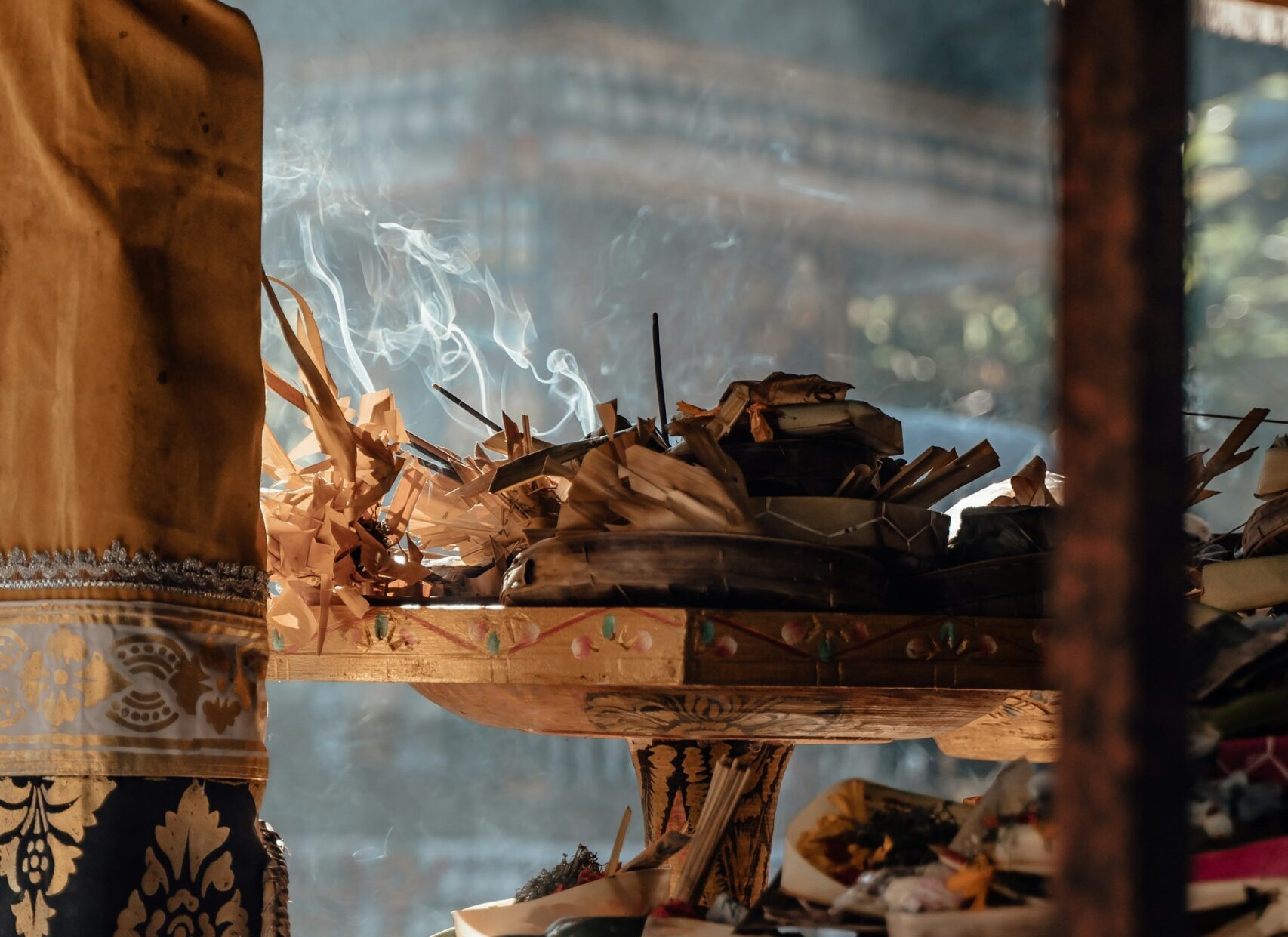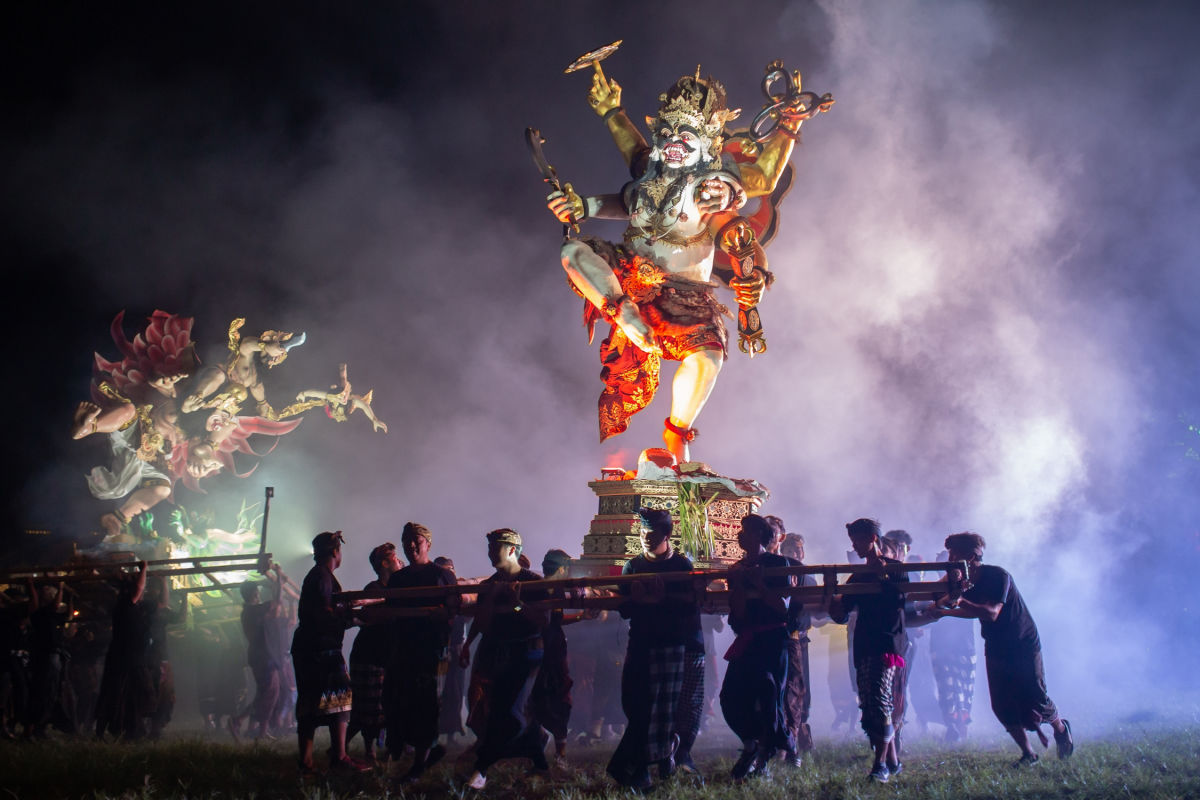What is Nyepi?

Nyepi is a day which celebrated by the Balinese Hindu community as sacred day. It is a full day for self-reflection, introspection, and purification, this creates a unique attraction in Indonesia. All people in Bali are strongly advised to stay at home.
The origins of Nyepi can be traced back centuries, deeply rooted in Balinese Hindu philosophy and traditions. It serves as a reminder to cleanse oneself from past negativity and prepare for a fresh start in the new year.
The local guards called Pecalang, who will make sure that everyone is respecting the ceremony.
When is Nyepi 2025 in Balinese Calendar?

According to the Balinese calendar, Nyepi falls on Saturday, March 29, starting at 6 AM and lasting until 6 AM on March 30. Nyepi sets as public holiday in Indonesia. This timing follows the lunar cycles as dictated by the Saka calendar.
The Saka calendar is a lunar calendar used in Bali that define various religious events occur throughout the year, including Nyepi.
Everything You Need to Know About Silent Day – Nyepi 2025 in Bali

The Melasti Ceremony
In the days before Nyepi, Balinese Hindus people spend the day in the Melasti ceremony, where they purify sacred objects by taking them to the sea or rivers, represents cleansing from impurities.
The Mecaru Ceremony
Following Melasti, the Mecaru ceremony is another important agenda, which Hindu Balinese involves offerings made to appease spirits and rid homes of negative energy.
Ogoh-Ogoh Parade
One of the most visually stunning aspects leading up to Nyepi is the Ogoh Ogoh parades where large effigies representing evil spirits are paraded through the streets by Balinese people. Before being ceremoniously burned by mesabatan fire at night.
What Happens During Nyepi Day 2025?
What happens during Nyepi, the rules are strict. No one is allowed outside their homes, villas, or hotels, businesses shut down completely, and even Ngurah Rai International Airport closes for the day.
Visitors should be aware that activities such as sightseeing or shopping are prohibited during this time, instead, it’s a time for deep respects and reflections.
Post-Nyepi: Ngembak Geni
Once Nyepi is well celebrated, post-Nyepi is Ngembak Geni, a day dedicated to celebration of forgiveness and family gatherings, symbolizing new beginnings.
How to Experience Nyepi in Bali as a Visitor
-
Respect local customs.
-
Prepare by stocking up on essentials before the holiday.
-
Embrace the silence as an opportunity for personal reflection or relaxation.
Tips for Staying Comfortable During Nyepi
-
Bring books or journals for personal reflection.
-
Download movies or music beforehand since internet services may be limited.
-
Use this time for meditation or creative approach.



































